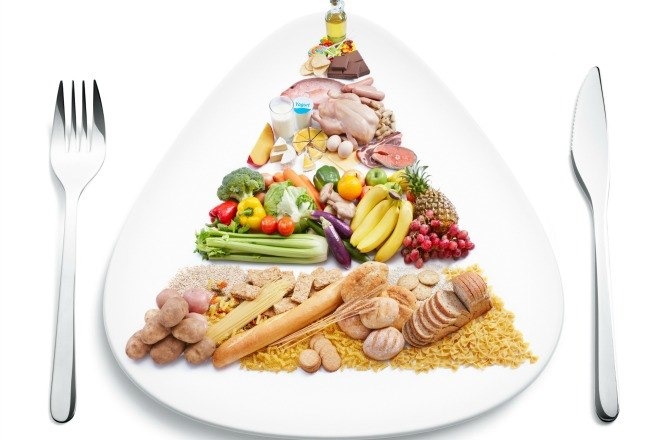Milk Sparks Debate Over 2015 Dietary Guidelines
Almost every day, a new study is released declaring what you should and should not be eating. From advice about adding more olive oil to your diet, to articles praising the benefits of coffee, it's difficult to separate the truth from mere speculation. If you're feeling all alone in your confusion, don't. It seems that officials in Washington are conflicted as well.
Click here for the 8 Reasons Skim Milk Is Unhealthier Than 2% or Whole slideshow.
Every five years, the United States Department of Agriculture updates its official dietary guidelines according to the latest findings in nutritional science. The release of the 2015 guidelines is anticipated for the end of this year, but there could be a delay in its publication. Early versions of the updated guidelines have sparked controversy, as some experts warn others not to cling to dietary ideas that are no longer supported by research. Milk, in particular, is under fire.
For years, the USDA dietary guidelines have urged Americans to stay away from saturated fats. Recently, however, Americans have been embracing dietary fat and consuming full-fat dairy at higher rates. Although these shifting conceptions open the door for increased consumption of healthy fats, Despina Hyde, a registered dietician at NYU's Langone Weight Management Program, urges us to look at the entire picture. "Having fat in dairy is one piece of the whole nutrition puzzle... We have to look at, what else are these people eating," she told CBS News.
Only time will tell where the USDA stands on the skim versus whole milk debate. In the meantime, Secretary of Health and Human Services, Sylvia Burwell, has revealed how the House Agriculture Committee feels about other foods. At a meeting on Wednesday, Burwell confirmed that the guidelines will focus on the benefits of "eating fruits and vegetables, grains and lean proteins, and limiting amounts of saturated fats, added sugar, and sodium." While some were pleased with this news, other members of Congress expressed their frustration with the plethora of conflicting advice from experts in the field. Representative Collin Peterson of Minnesota spoke to our collective confusion, stating, "From my constituents, most of them don't believe this stuff anymore. You have lost your credibility with a lot of people.
The accompanying slideshow is provided by fellow Daily Meal special contributor Jess Novak.
